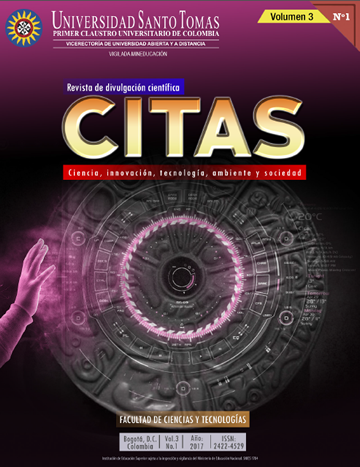Condiciones de demanda turística en una ruta ecoturística en el corredor Coveñas-Tolú en el departamento de Sucre
Conditions of tourist demand in an eco tourist route in the corridor Coveñas – Tolú in the department of Sucre
Abstract (en)
This article aims to describe the conditions of tourism demand in creating ecotourism routes in municipalities: Covenas and Tolu. The type of study is descriptive. In the research process a stratified sample of 232 tourists and 37 accommodation establishments was taken; plus a group of professionals was used to assess natural areas according to the methodology of Mincit 2010 and the application of direct tourists surveys to gather information. From the study it was determined that the demand for the territories is national with 54% coming from inside the country, turn that 70% of tourist destinations are active tourism: sun and beach. However about 30% are willing to practice nature tourism. Also only 2 areas were considered to practice “ecotourism” by the conditions of preservation and accessibility to them. It is concluded that the implementation of strategies aimed at improving demand conditions is necessary, taking advantage of the potential of the natural resources and diversifying the range of services that help improve the level of destinations.Abstract (es)
References
Alburquerque, F. (1997). Metodologia para el desarollo economico local. Recuperado en: http://archivo.cepal.org/pdfs/1997/ S9720129.pdf
COMTS. (2013). Diagnostico del mercado laboral y perfil económico y productivo. Departamento de Sucre. Documento II. Recuperado en: http://www.otrabajosu¬cre.org/pdf/Libro_Diagnostico_Merca-do_Laboral_WEB.pdf
Organizacion Mundial de Turismo- OMT. (2007). Entender el turismo: glosario básico . Recuperado en: http://media.unwto. org/es/content/entender-el-turismo-glosario-basico
Rigol , L. M. & Pérez, R. (2011). La gestión de la demanda turística como concepto. Revista en investigación en turismo y desarrollo local, 4(9). Recuperado en: http:// www.eumed.net/rev/turydes/09/rmpc. htm
Serrano, J. C. (2011). El sector servicios en la economía global: Transformaciones y consecuencias. Clío, (37). Recuperado en: http://clio.rediris.es/n37/oposiciones2/ tema08.pdf
The International Ecotourism Society. (1990). Definición y principios del ecoturismo. Recuperado en: http://www.ecotourism. org/ties-ecotourism-espa%C3%B1ol
Vanegas , G. M. (2006). Ecoturismo instru¬mento de desarrollo sostenible. (Mono¬grafía de especializaión, Universidad de Antioquia) Recuperado en: http:// bibliotecadigital.udea.edu.co/bits-tream/10495/149/1/EcoturismoInstru¬mentoDesarrolloSostenible.pdf
How to Cite
License
The authors sign a transfer of rights so that Universidad Santo Tomás can publish the articles under the conditions described below. The authors, readers and other users are free to share, copy, distribute, perform and publicly communicate the work under the following conditions:
-
Attribution — You must give appropriate credit, provide a link to the license, and indicate if changes were made. You may do so in any reasonable manner, but not in any way that suggests the licensor endorses you or your use.
-
NonCommercial — You may not use the material for commercial purposes.
-
ShareAlike — If you remix, transform, or build upon the material, you must distribute your contributions under the same license as the original.
No additional restrictions — You may not apply legal terms or technological measures that legally restrict others from doing anything the license permits.
CITAS is licensed under Creative Commons Attribution-NonCommercial-ShareAlike 4.0 International (CC BY-NC-SA 4.0).

Until 2019 the documents published in the magazine were under the Creative Commons Attribution-ShareAlike license (CC BY-SA), however, in order to guarantee the open and free distribution of the content published in the magazine, it was decided to change the type Commons Attribution-NonCommercial-ShareAlike 4.0 International license (CC BY-NC-SA 4.0)






